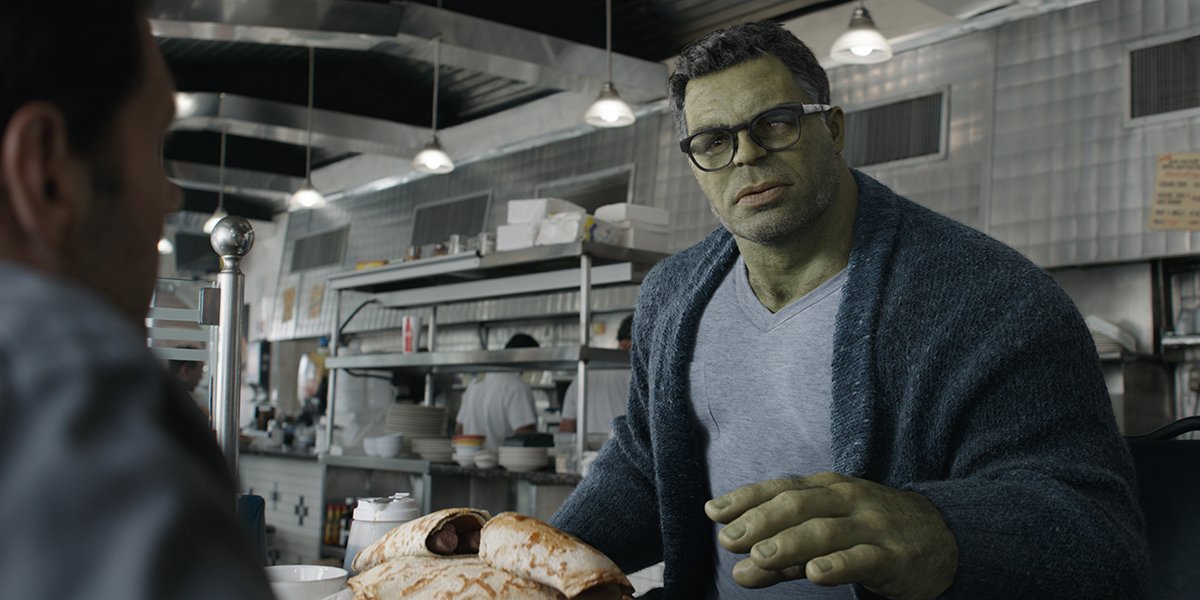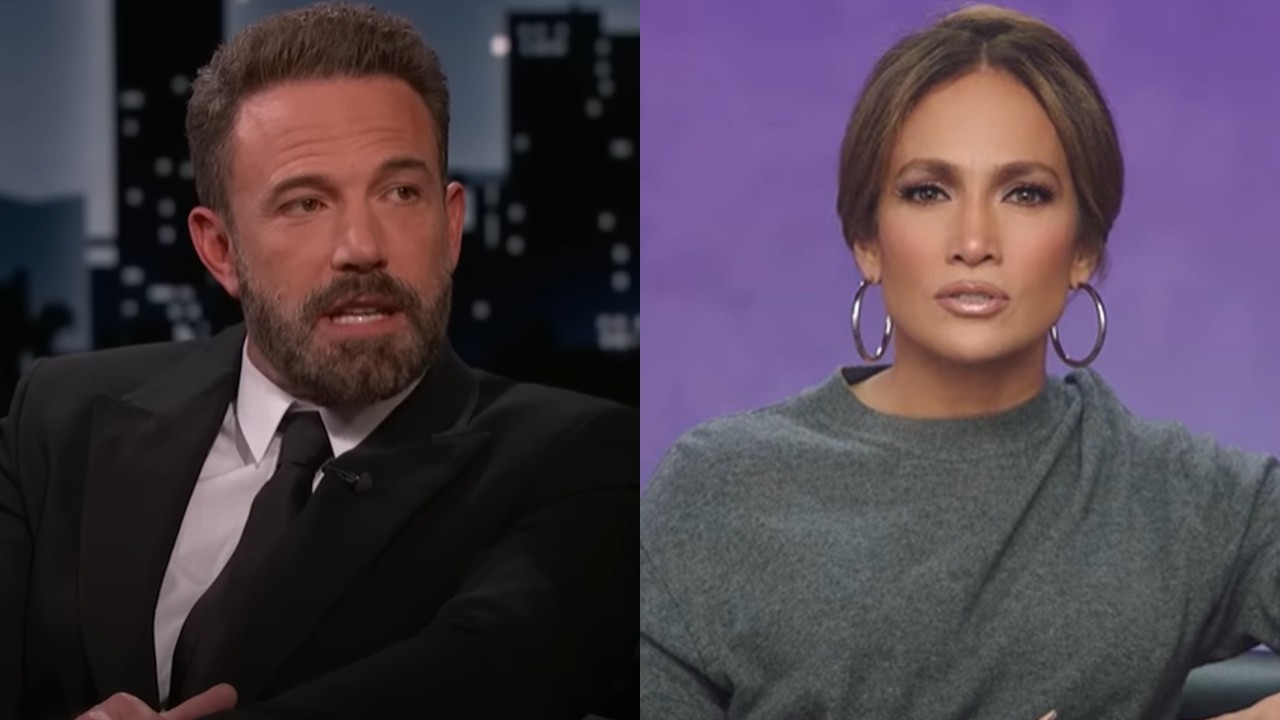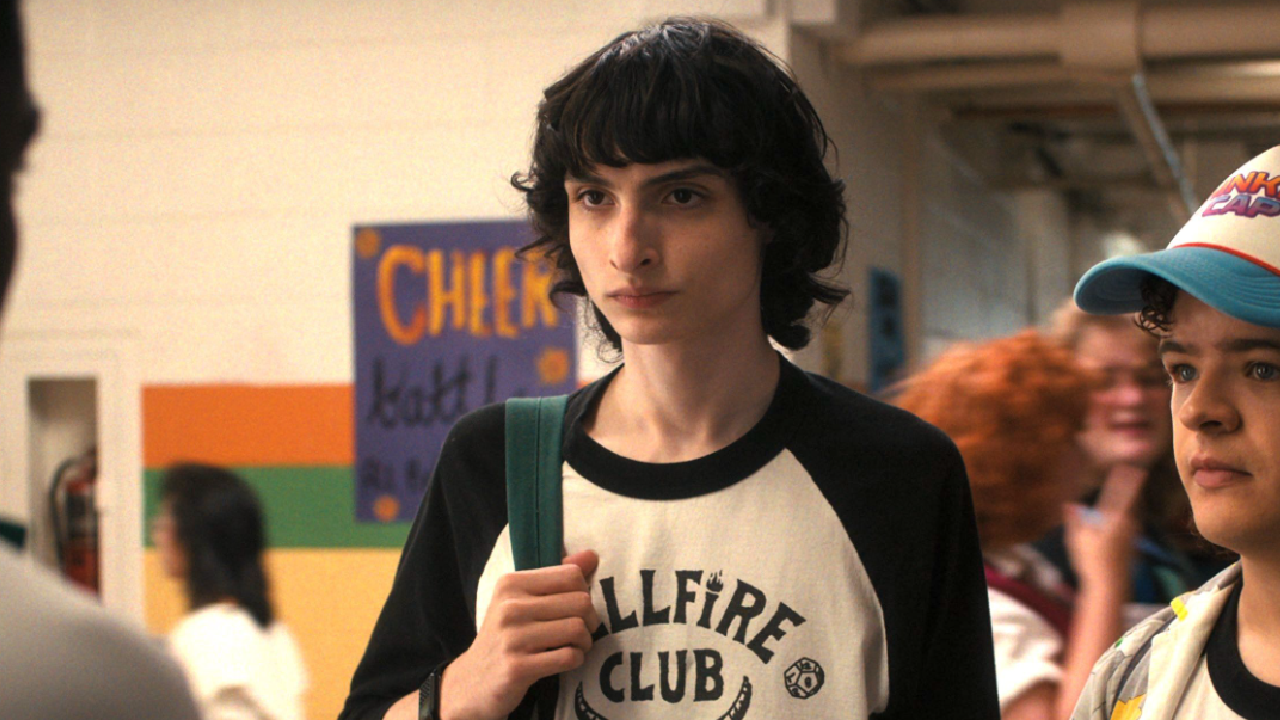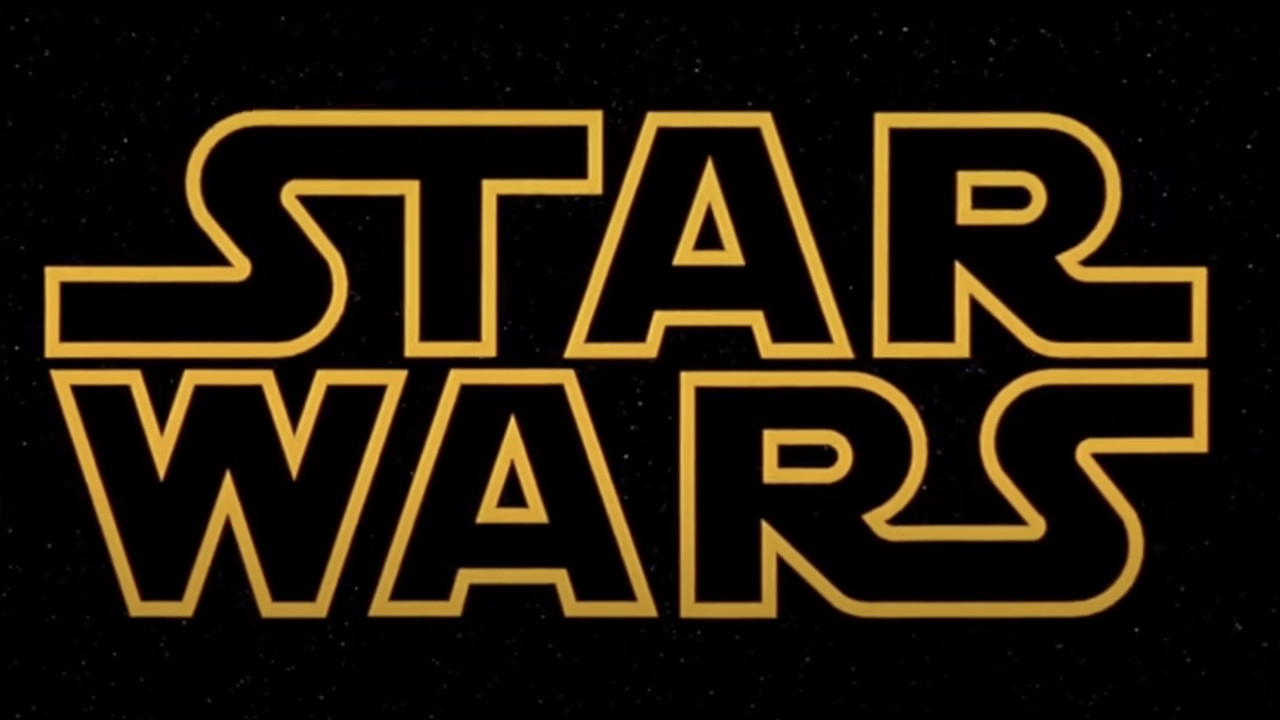Martin Scorsese Clarifies Controversial Comments About Marvel Movies

Director Martin Scorsese’s eagerly anticipated new movie, The Irishman, is arriving in theaters and on Netflix next month. And although the early reactions indicate The Irishman may very well be a masterpiece, a lot of the conversation recently has centered not on that long-in-the-making crime epic, but on the director’s controversial comments about Marvel movies. Scorsese has raised the ire of comic book movie fans by saying that Marvel movies aren’t cinema.
Martin Scorsese has also likened Marvel movies to theme parks and said that theaters shouldn’t be invaded by them. While promoting The Irishman, Martin Scorsese took the opportunity to (somewhat) clarify his controversial comments. He said:
What has to be protected is the singular experience of experiencing a picture, ideally with an audience. But there’s room for so many others now, and so many other ways. There’s going to be crossovers, completely. The value of a film that’s like a theme park film, for example, the Marvel-type pictures, where the theaters become amusement parks, that’s a different experience. I was saying earlier, it’s not cinema, it’s something else. Whether you go for that or not.
As you would expect, Martin Scorsese primarily values the theatrical experience of watching a movie with an audience, but he acknowledges that with the advent of streaming, there are lot of different ways of experiencing a story told on film. As he says, there will be crossover between those ways, as is the case with his film The Irishman, which will have a limited exclusive theatrical release window before heading to Netflix.
Based on what he said at the London Film Festival press conference for The Irishman, attended by Hey U Guys, the director does believe that there is room in the new media landscape for different types of stories. However, Martin Scorsese holds a certain type of cinematic experience sacred and he doesn’t believe that Marvel movies qualify.
The director doubles down on his belief that Marvel movies aren’t cinema and again makes the theme park comparison. He believes that Marvel movies have value and people can like them or not, but that they provide a different type of experience, and that experience doesn’t meet his definition of cinema.
It’s unclear exactly what Martin Scorsese means by saying the Marvel movies turn theaters into amusement parks. Does he mean because of how popular they are and how many people show up? Or is it because a bunch of kids are in the theater? Or does he just view superhero movies as movies devoid of story that are just a collection of set pieces? The director’s clarification wasn’t as clarifying as it could have been.
We still don’t know what makes something ‘cinema’ to Martin Scorsese. Earlier in the press conference, he said that he once thought that long-form TV was cinema, but now believes it’s not. So it’s still unclear what the requirements are, if it’s determined by the structure of a film, the format it plays in, the distribution method or the content. Are all action movies disqualified from the ‘cinema’ designation, or is it just those featuring superheroes? Is Avatar cinema? How about The Matrix?
CINEMABLEND NEWSLETTER
Your Daily Blend of Entertainment News
Marvel movies are undeniably a picture you experience with an audience, and it's a quality Martin Scorsese values, but rather than simply categorize them as a different genre of cinema, he believes they are something else entirely. Martin Scorsese went on to elaborate more on his comments that cinemas are being invaded by Marvel movies:
And we shouldn’t be invaded by it. So, that’s a big issue. We need the theater owners to step up for that to allow theaters to show more films that are narrative films. A narrative film can be one long take for three hours, you know. It doesn’t have to be a conventional beginning or end.
Here’s where I think you begin to see the real problem Martin Scorsese has with Marvel movies. He feels that theaters are being invaded by these types of films and on that point, he’s not entirely wrong. The superhero movie boom began in 2000 and really kicked into high gear with Iron Man in 2008, and the success of The Avengers in 2012 has changed what kind of movies are getting made and what’s dominating at the box office.
This change has coincided though with the rise of streaming services, so it’s not a simple issue. To Martin Scorsese though, the amount of Marvel movies seems to be a real problem. It seems like in his eyes, there's a homogenization going on at the multiplex that is troubling to him. He thinks that it is on the theaters owners to diversify their offerings and show more of what he calls narrative films.
Martin Scorsese seems to have a different definition of narrative films because by the traditional definition, a narrative film is a film that tells a story. Every one of the MCU’s 23 films have told a story, and the Infinity Saga was a 23-film narrative arc. To The Irishman director though, a narrative film doesn’t need to have that traditional beginning and end structure.
It seems to me that what Martin Scorsese is really advocating for is a greater variety of cinema; for more original and unique and challenging movies to get made and for audiences to have more options than just a DC or Marvel flick at their local theater. That's something that I don’t think most people or film fans would argue with.
In his mind, this responsibility falls on the theater owners to offer more options to consumers. Perhaps theater owners could dedicate more screens to non-blockbuster fare, but that ignores the financial imperative. The film business is ultimately a business and Hollywood supplies what consumers demand. So it’s about getting these movies made in the first place in addition to getting them shown in theaters.
While I doubt Martin Scorsese cares, if he was hoping to reduce the heated internet debates over his comments, this isn’t going to do it. There are plenty of holes you can poke in his argument if you want, but it’s ultimately his opinion and he’s entitled to it. Personally, I tend to view it as a well-intentioned and partially defensible argument delivered in a poorly explained way.
You can see Martin Scorsese’s The Irishman in select theaters on November 1 and on Netflix on November 27. Check out our 2019 Release Schedule to see what other movies are coming this year.
Nick grew up in Maryland has degrees in Film Studies and Communications. His life goal is to walk the earth, meet people and get into adventures. He’s also still looking for The Adventures of Pete and Pete season 3 on DVD if anyone has a lead.










